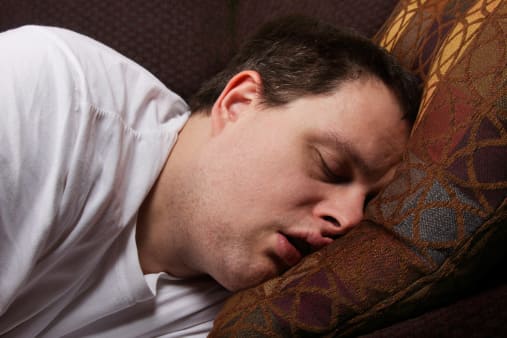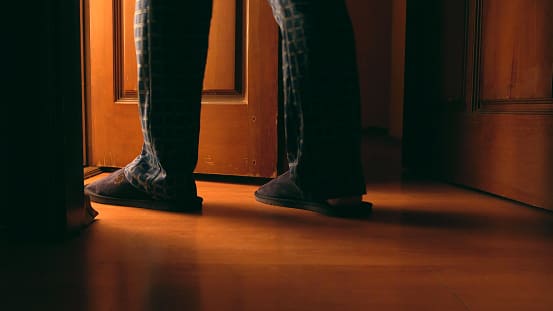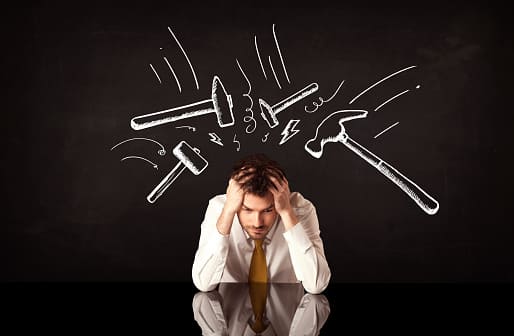Effects Of Alcohol On Quality Of Sleep
You may feel drowsy after you drink beer, whiskey, or any other form of alcohol. But have you ever observed that the quality and hours of your sleep is not normal after you consume alcohol?
Although you may feel sleepy after taking alcohol, it is not a sleep aid. It leads to poor quality sleep with a lot of disturbance, especially during the second quarter of the night. Here’s how alcohol affects the quality of your sleep.
Interference with the circadian rhythm (body’s clock)

Alcohol disturbs the usual production of chemicals in the body that are responsible for sleep. Under the alcohol influence, you will most often find yourself in deep sleep during the first part of the night, but wide awake during the second half, especially around 4 am. This is called the rebound effect.
Snoring

The sedative effect of alcohol causes all the muscles of the body, including those of the throat, to undergo relaxation. This blocks the air passages and you may have to breathe with a little more effort. This makes you prone to snoring and sleep disturbance.
Frequent bathroom visits throughout the night

Normally, the bladder is in a state of hibernation during the night. However, alcohol consumption may cause an increase in your nighttime bathroom trips. This is because of the fact that alcohol is a diuretic. It affects kidneys in the manner that the production of urine gets increased, thereby disturbing the sleep. Disturbed sleep can cause fatigue and sleepiness during the next day.
Dependency

If you are a regular drinker, you may become dependent on alcohol for sleep. To prevent this dependency, you should cut off your drinking habits and make sure that your drink does not exceed the limit of once or twice in a week.
Restless brain

Usually, the brain gets tired by the night time, making us sleep calmly. However, drinking increases the working efficiency of the brain. The waves of the brain responsible for sleeping (alpha wave) get mixed with the resting waves (delta waves). This causes the brain to work at a faster pace restlessly than it usually does while sleeping. Due to this disturbance, the body does not get the deserved rest. This further leads to irritability, tiredness, and low stamina the very next morning.
In conclusion, we can say that alcohol affects the quality and quantity of the sleep. Therefore, alcohol should be consumed in a limited quantity and, not to mention, responsibly.
For any query related to alcohol and its effects on sleep, consult an Internal Medicine Specialist at www.healthcaremagic.com
Ask a Specialist
Recent Questions


